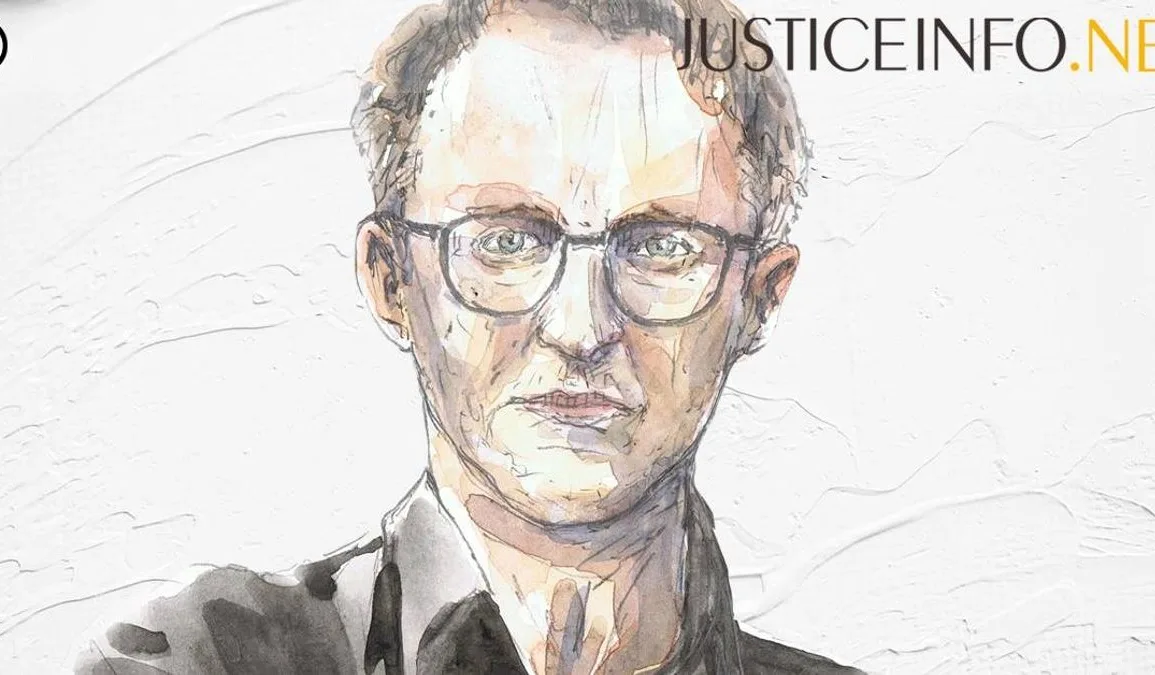
In a world where the echoes of colonialism still resonate through modern societal structures, David Van Reybrouck, a distinguished Belgian historian, is pioneering a discourse that challenges conventional approaches to reconciling with a colonial past. His insights, particularly relevant in today’s rapidly changing global landscape, spotlight the intricate relationship between historical colonial injustices and contemporary environmental challenges. As cities across the global north strive to diminish their carbon footprint, Van Reybrouck argues that these efforts, more than the symbolic acts of removing statues or renaming streets, are pivotal in addressing the remnants of colonial exploitation.
Unveiling the Shadows of the Past
Van Reybrouck’s narrative is not just about recounting historical events; it’s a clarion call to acknowledge and address the ‘colonisation of the present.’ This concept, as he elaborates, revolves around the understanding that the legacies of colonialism extend far beyond physical monuments; they permeate the very essence of our current global systems, influencing everything from economic disparities to environmental crises. His recent work, ‘Revolusi: Indonesia and the Birth of the Modern World,’ not only retraces the steps leading to the end of Dutch rule in Indonesia but also positions the 1955 Bandung conference as a pivotal moment in the global south’s decolonization narrative.
The Intersection of Colonialism and Climate Change
At the heart of Van Reybrouck’s argument is the undeniable link between colonialism and climate change. He posits that the environmental degradation we witness today is, in many ways, a continuation of the exploitation that characterized colonial rule. The industrial growth that fueled European empires laid the groundwork for the current climate crisis, disproportionately affecting the very regions that bore the brunt of colonial extraction and exploitation. In this light, Van Reybrouck’s call for former colonial powers to contribute to funds aimed at combating the impact of climate change in the global south is not just an act of reparations; it’s an essential step towards rectifying a historical continuum of injustice.
Reimagining Reparations and Responsibility
The discourse around decolonization is often mired in symbolic gestures that, while important, may not directly address the systemic legacies of colonial rule. Van Reybrouck’s focus shifts the narrative towards actionable, impactful measures that recognize the global, interconnected nature of historical injustices. By advocating for joint contributions to climate change mitigation efforts, he underscores the need for a collective, global response to the challenges inherited from our colonial past. This approach not only aims to heal historical wounds but also to forge a path towards a more equitable and sustainable future for all.
In conclusion, David Van Reybrouck’s exploration of the ‘colonisation of the present and future’ serves as a powerful reminder of the enduring impact of colonialism on our world. His work invites us to reconsider how we address the legacies of the past, not through symbolic gestures but through meaningful actions that tackle the intertwined issues of environmental sustainability, economic inequality, and political stability. As we move forward, the lessons from Van Reybrouck’s insights are clear: confronting our colonial past is not just about rectifying historical wrongs; it’s about ensuring a just and sustainable future for generations to come.


